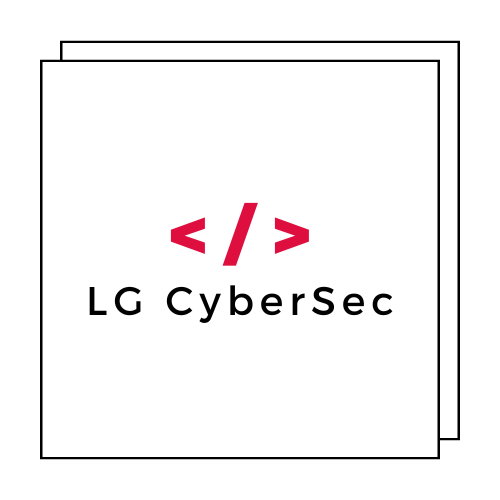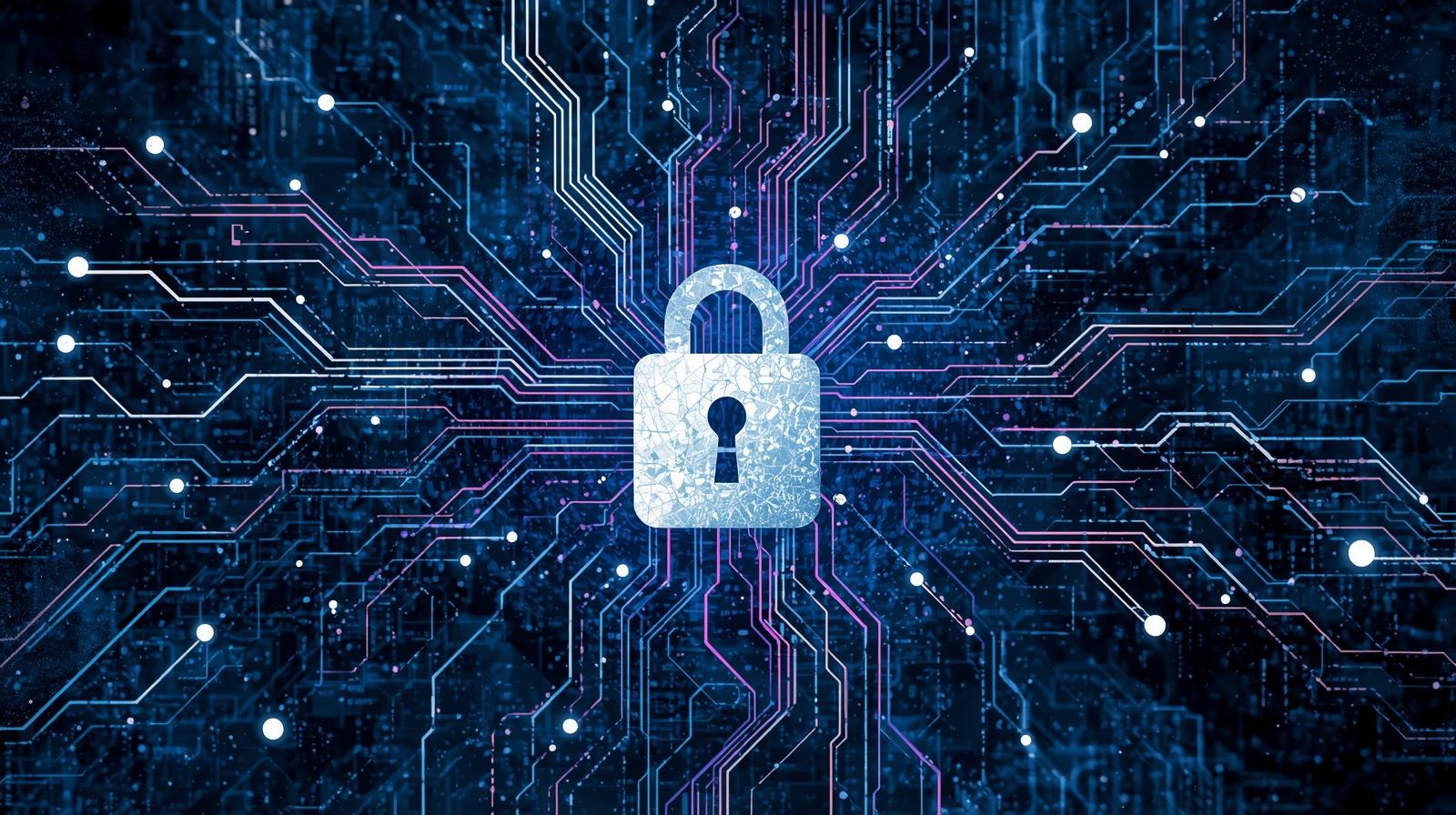The TheSqua.re June 2025 data breach serves as a stark reminder that no business, regardless of size or industry, is immune to cyber threats. When the serviced apartment platform suffered a security incident that exposed 107,000 unique customer email addresses, it highlighted critical vulnerabilities that many small and medium-sized businesses (SMBs) continue to overlook. This breach offers valuable lessons that every business owner should understand to protect their operations and customer data.
In today’s digital landscape, data breaches have become alarmingly common, with 43% of cyberattacks targeting small businesses. The TheSqua.re incident demonstrates how quickly a security failure can impact thousands of customers and potentially damage a company’s reputation permanently. For SMBs and consumers alike, understanding what happened and how to prevent similar incidents is crucial for maintaining digital security.
Understanding the TheSqua.re Data Breach: What Happened
TheSqua.re, marketed as “the easiest way to find your next serviced apartment,” experienced a significant security breach in June 2025. The incident resulted in unauthorized access to 107,000 unique customer email addresses, creating substantial privacy and security risks for affected users.
While specific technical details about the breach methodology remain limited, the incident poses serious concerns including potential phishing attacks, identity theft, and other security threats. The exposure of email addresses might seem minor compared to breaches involving financial data, but email addresses serve as valuable entry points for cybercriminals.
Email addresses can be used for:
- Targeted phishing campaigns that appear legitimate
- Password reset attacks on other accounts
- Social engineering attempts
- Spam and malicious email distribution
- Cross-referencing with other breached databases
This breach underscores the importance of treating all customer data, regardless of perceived sensitivity, with the highest security standards.
The Growing Threat Landscape for Small and Medium Businesses
The TheSqua.re breach reflects a broader trend affecting businesses of all sizes. According to the FBI’s 2024 Internet Crime Report, cybercriminals reported 3,156 ransomware complaints in 2024 alone, resulting in $12.5 million in losses. These statistics represent only reported incidents, suggesting the actual impact is significantly higher.
SMBs face unique challenges in cybersecurity:
Limited Resources and Security Infrastructure
Unlike large corporations, small businesses often lack dedicated IT security teams. Many rely on basic security measures or assume their size makes them less attractive targets. The reality is that cybercriminals frequently target SMBs precisely because they typically have weaker defenses.
Insufficient Security Awareness
Many small business owners and employees lack comprehensive cybersecurity training. This knowledge gap creates vulnerabilities that attackers exploit through social engineering, phishing, and other tactics.
Outdated Systems and Software
Budget constraints often lead SMBs to delay crucial security updates or continue using outdated systems with known vulnerabilities. This creates easy entry points for cybercriminals.
Professional cybersecurity services, such as those offered by LG CyberSec, can help bridge these gaps by providing expert guidance tailored to small business needs and budgets.
Key Cybersecurity Lessons from the TheSqua.re Breach
1. Data Minimization and Classification
The TheSqua.re incident highlights the importance of data minimization – only collecting and storing data that is absolutely necessary for business operations. Every piece of customer information represents a potential liability if compromised.
Businesses should implement data classification systems that:
- Identify what types of data they collect and store
- Categorize data based on sensitivity levels
- Apply appropriate security controls for each category
- Regularly audit and purge unnecessary data
2. Multi-Layered Security Approach
Relying on a single security measure is insufficient in today’s threat landscape. The breach demonstrates the need for defense in depth – multiple layers of security controls working together.
Essential security layers include:
- Next-generation firewalls and intrusion detection systems
- Regular security assessments and vulnerability scanning
- Employee security awareness training
- Encrypted data storage and transmission
- Access controls and privilege management
- Backup and recovery procedures
3. Incident Response Planning
How a company responds to a breach often determines the long-term impact on their business. The TheSqua.re incident emphasizes the need for comprehensive incident response plans that address immediate containment, customer notification, and recovery procedures.
Practical Security Measures for SMBs and Consumers
For Small and Medium Businesses
Implement Strong Access Controls: Use multi-factor authentication (MFA) for all systems containing sensitive data. Limit access based on job roles and regularly review user permissions.
Regular Security Training: Conduct quarterly cybersecurity awareness sessions for all employees. Focus on recognizing phishing attempts, safe browsing practices, and proper data handling procedures.
Keep Systems Updated: Establish a patch management program that ensures all software, operating systems, and applications receive timely security updates.
Backup Data Regularly: Implement the 3-2-1 backup rule – maintain three copies of critical data, stored on two different media types, with one copy stored offsite.
Monitor Network Activity: Deploy security monitoring tools that can detect unusual network activity and potential security incidents in real-time.
For Consumers
Use Unique, Strong Passwords: Create unique passwords for each online account and consider using a reputable password manager to generate and store complex passwords securely.
Enable Two-Factor Authentication: Activate 2FA wherever possible, especially for email accounts, banking, and other sensitive services.
Monitor Account Activity: Regularly review account statements and credit reports for unauthorized activity. Many services offer free monitoring tools.
Be Cautious with Email: Following breaches like TheSqua.re, affected users may receive increased phishing attempts. Verify sender authenticity before clicking links or providing information.
The Role of Professional Cybersecurity Services
The complexity of modern cybersecurity threats often exceeds the capabilities of internal IT teams, particularly in smaller organizations. Professional cybersecurity services provide specialized expertise and resources that many SMBs cannot afford to maintain in-house.
Key benefits of professional cybersecurity services include:
- Risk Assessment and Vulnerability Testing: Regular security audits identify weaknesses before attackers can exploit them
- 24/7 Security Monitoring: Continuous monitoring detects threats outside normal business hours
- Incident Response Support: Expert guidance during security incidents minimizes damage and recovery time
- Compliance Assistance: Help meeting regulatory requirements like GDPR, PCI DSS, and industry-specific standards
- Employee Training Programs: Comprehensive security awareness training tailored to specific business needs
Organizations like LG CyberSec specialize in providing cost-effective cybersecurity solutions designed specifically for SMBs, making enterprise-level security accessible to businesses of all sizes.
Building a Security-First Culture
The TheSqua.re breach underscores that cybersecurity is not just a technical issue – it’s a business culture issue. Creating a security-first mindset requires ongoing commitment from leadership and all employees.
Leadership Commitment: Business owners must demonstrate that cybersecurity is a priority by allocating appropriate resources and participating in security initiatives.
Regular Communication: Share security updates, threat intelligence, and best practices with all team members through newsletters, meetings, and training sessions.
Reward Good Security Practices: Recognize employees who identify potential threats or follow security procedures correctly. This positive reinforcement encourages continued vigilance.
Learn from Incidents: When security incidents occur, conduct thorough post-incident reviews to identify improvement opportunities without assigning blame.
Moving Forward: Turning Lessons into Action
The TheSqua.re June 2025 data breach serves as a wake-up call for businesses and consumers alike. While we cannot prevent all cyber threats, we can significantly reduce our risk by implementing proven security measures and maintaining constant vigilance.
For SMBs, the key is starting with fundamental security measures and gradually building more sophisticated defenses. This includes conducting regular security assessments, implementing employee training programs, and partnering with experienced cybersecurity professionals when internal resources are insufficient.
Consumers affected by the TheSqua.re breach should take immediate steps to protect their digital identity, including changing passwords, monitoring for suspicious activity, and being extra cautious about unexpected emails or communications.
The digital landscape continues evolving, and so do the threats we face. By learning from incidents like the TheSqua.re breach and taking proactive steps to improve our security posture, we can better protect our businesses, our data, and our customers.
Don’t wait for a security incident to evaluate your cybersecurity measures. Contact professional cybersecurity services like LG CyberSec today to assess your current security posture and develop a comprehensive protection strategy tailored to your specific needs and budget.
Remember: in cybersecurity, prevention is always more cost-effective than recovery. The lessons from TheSqua.re’s data breach provide a roadmap for building stronger defenses – the question is whether we’ll act on them before it’s too late.

